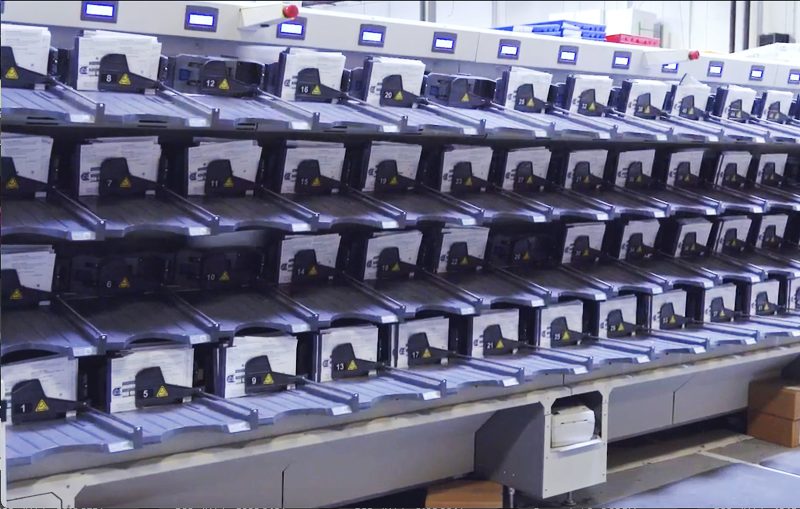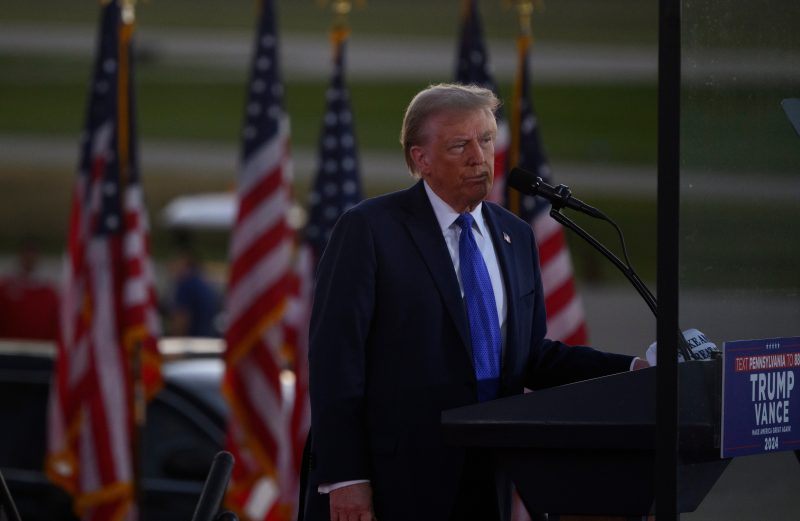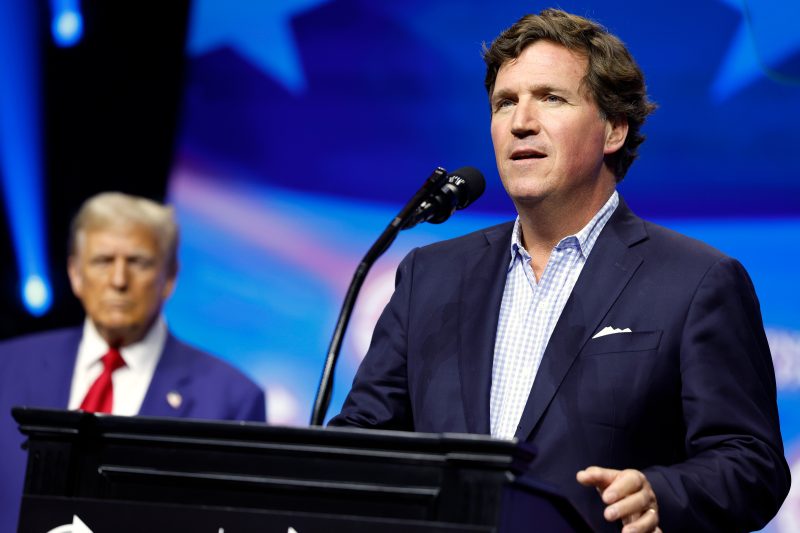One in 6 presidential votes will likely be cast by mail for Harris

In the weeks leading up to the 2020 presidential election, election observers, state officials and the media repeatedly articulated that results would be slow in coming. The coronavirus pandemic had triggered an expansion of remote-voting options across the country, with the side effect of increasing the number of votes that required verification and slower methods of counting.
Since the response to the pandemic had by then become interlaced with partisanship — with President Donald Trump persuading Republicans to act as though everything was normal and Democrats (to a small extent in response) embracing systems designed to accommodate covid protections — more of those slow-to-count votes were expected to favor Joe Biden. The result would be that Biden would get more votes cast before Election Day but that they might in some places be counted only after Election Day, meaning that the results were expected to shift to the left over time.
That’s exactly what happened, as everyone knew it would. As Trump’s team knew it would, in fact, but his takeaway from the dynamic was different. As was reported even before the election concluded, Trump planned to use the initial, misleading results to declare victory, then assert that the ongoing vote count was somehow an effort to strip that victory away. And that, too, is exactly what happened.
It is likely to happen again this year.
Polling from the Marist Poll at Marist College released on Wednesday morning indicates that supporters of Vice President Kamala Harris are three times as likely to say they intend to cast ballots by mail or absentee than are supporters of Trump. In many states, that won’t matter, either because the results will be obvious before all those ballots are counted or because state officials take steps to speed up ballot-counting. In some states, though, we may once again be awaiting a final tally — for hours during which Trump can cast that counting as nefarious.
According to Marist, more than half of Americans plan to vote before Election Day, with half of that group (a quarter overall) planning to vote in-person at an early-voting location. A quarter of voters plan to vote by mail, with three-quarters of them indicating they plan to vote for Harris.
About a fifth of all voters will be voting for Harris on Election Day. About a quarter will be voting for Trump on Nov. 5. And about 17 percent, or 1 in 6, will be voting for Harris by mail or absentee ballot.
Let’s conduct a thought experiment. If none of those Harris votes are counted on Election Day — despite being cast before Nov. 5 — the vote total that evening (assuming early, in-person votes are counted) would show Trump with a lead of about six percentage points. But that would swing nearly 10 points to Harris as the votes are counted, giving her a popular-vote victory and, no doubt, a victory in some swing states.
Again, this is not how it will work. Trump won’t have that big a lead on election night, for one thing, because many of those early votes will, in fact, be counted. But there will be places, probably determinative ones, where we will have to wait and see the results.
There are two crucially important things to keep in mind as we do so.
The first is that, despite the coverage on cable news in particular, there are no swings or back-and-forth in who’s winning or losing once the votes are actually cast. It’s more exciting to talk about candidates surging or fading if you’re filling hours of television, but it’s just counting a set number of votes that aren’t themselves changing. Perhaps it’s fun to convert your savings account into a random collection of bills so that you can count them to see if you have enough to cover your expenses — Another $100! Looks like I’m rich! — but the amount of money you have isn’t actually changing.
The second is that the pattern in slow-to-count votes advantaging the Democrat isn’t new and isn’t a mystery. If you still believe that the 2020 vote-counting was suspect, despite years of explanations about why it wasn’t and the repeated collapse of theories about why it was, you won’t be newly convinced by a sober explanation of how things work. For everyone else, though, it’s a reason not to mourn or celebrate as soon as polls close. Instead, settle in for a perhaps-lengthy wait to see where the country is headed.




